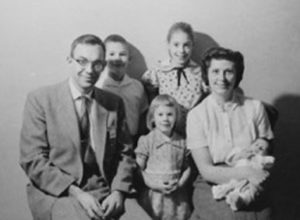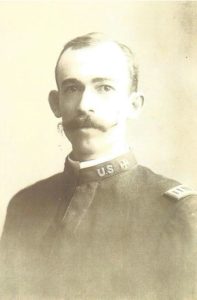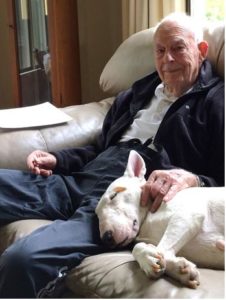This week we are interviewing Natasha Nascimento, Founder & Executive Director of Redefining Refuge as a part of their graduation from our Partner Grant Program! Read the first and second part of their story and check back later this week for the rest of their story!
 Q: What was your favorite part about being a Shared Hope partner?
Q: What was your favorite part about being a Shared Hope partner?
A: There have been many favorites. I have thoroughly enjoyed working with the Staff at Shared Hope; who I frankly hate to label as ‘staff’ – they are among some of the most passionate and dedicated child advocates that I have ever encountered and I feel privileged to have worked with and learned from them. The JuST Conferences will continue to stay near and dear to my heart, and Redefining Refuge will continue to attend and support this in any way we can. I have loved the educational materials that we continue to leverage heavily in our quest for getting the information out there.
Q: What’s the biggest thing Shared Hope International provided for you during your time as a partner?
A: You believed uncompromisingly in our mission when no one else did. At the time we were the first and only safe house in the Tampa Bay area (sadly 5 years later, we still are), but we had little to no support from our State. If it weren’t for you, the 100+ girls that have come through our door would never have known a safe and nurturing environment.
Q: What’s some advice you would give to people/organizations (like your own) just starting out in this field?
A: Do not despise humble beginnings!!! They are truly a phenomenal foundation from which to grow, learn, and refine. Learn from others!!! There is no sense in re-inventing the wheel, or making the same mistakes as others – partner, partner, partner!!! COLLABORATE!
[easy-tweet tweet=”Do not despise humble beginnings! – Natasha Nascimento” user=”SharedHope”]



 help make a difference in the lives of victims of this crime. My friend Lisa Stirrett is a local glass artist who uses her studio to host community events. She also has a heart for this issue. The idea formed for a Party with a Purpose, in which she would create glass butterflies that could be sold as part of a fundraiser for Shared Hope and those they serve. We sold about 50 butterflies, many of which were donated back to create a larger piece in progress. And we didn’t stop there!
help make a difference in the lives of victims of this crime. My friend Lisa Stirrett is a local glass artist who uses her studio to host community events. She also has a heart for this issue. The idea formed for a Party with a Purpose, in which she would create glass butterflies that could be sold as part of a fundraiser for Shared Hope and those they serve. We sold about 50 butterflies, many of which were donated back to create a larger piece in progress. And we didn’t stop there! Lisa has added the glass butterflies to her
Lisa has added the glass butterflies to her  This is our desire—creating an art movement of butterflies flying freely to represent an end to the pain and suffering caused to young girls and women because of the sex trafficking industry. In addition to collaborating with Lisa Stirrett Glass Art Studio, I am partnering with Shared Hope International because of the great work they are doing locally, nationally, and globally to educate and empower others to end sex trafficking.
This is our desire—creating an art movement of butterflies flying freely to represent an end to the pain and suffering caused to young girls and women because of the sex trafficking industry. In addition to collaborating with Lisa Stirrett Glass Art Studio, I am partnering with Shared Hope International because of the great work they are doing locally, nationally, and globally to educate and empower others to end sex trafficking.





